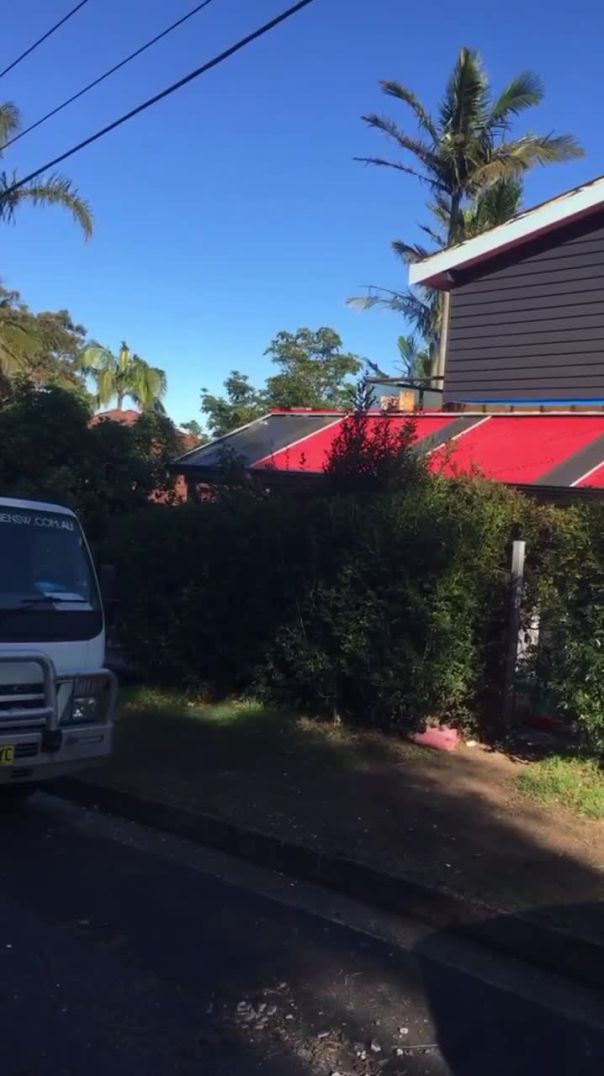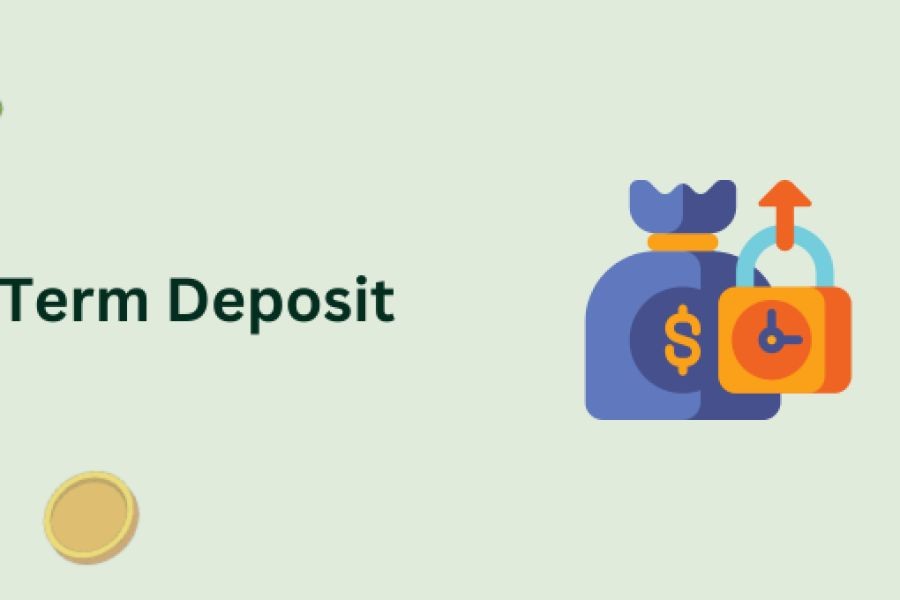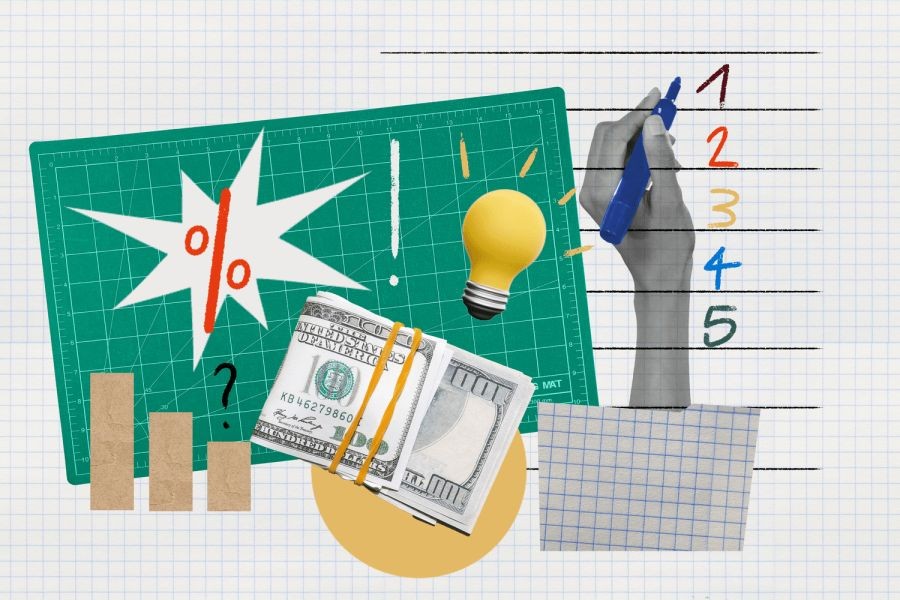In the picturesque landscape of New Zealand, where vibrant cities meet sprawling natural beauty, the dream of owning a first home is a cherished aspiration for many Kiwis. However, navigating the financial maze to turn this dream into reality can be challenging, especially when deciding between KiwiSaver contributions and private savings. As housing prices continue to soar, understanding the nuances of these two financial pathways is crucial for prospective homeowners. Recent data from Stats NZ reveals a 27% rise in property prices since 2020, exacerbating affordability concerns and making strategic financial planning more important than ever.
Understanding KiwiSaver: The Pros and Cons
KiwiSaver has emerged as a popular retirement savings scheme, but it also offers significant benefits for first-time home buyers. Here’s a closer look at its advantages and potential drawbacks:
✅ Pros:
- Government Contribution: KiwiSaver provides an annual government contribution of up to $521.43, enhancing your savings pool.
- Employer Contributions: Employers are required to contribute at least 3% of your salary, boosting your savings without additional effort.
- First Home Grant: Eligible members can receive up to $10,000 through the First Home Grant, significantly aiding in the purchase process.
- Disciplined Saving: Regular contributions ensure consistent growth of your savings, making it easier to accumulate a sufficient deposit.
❌ Cons:
- Limited Access: Funds are locked until retirement, with strict conditions for early withdrawal for home purchases.
- Market Risk: Investment returns can fluctuate, affecting the amount available for withdrawal.
- Complex Rules: Understanding the eligibility criteria and application process for the First Home Grant can be cumbersome.
Private Savings: Flexibility vs. Discipline
Private savings accounts offer flexibility and control but come with their own set of considerations:
✅ Pros:
- Flexibility: You can access your savings anytime, allowing greater freedom to respond to market opportunities.
- Control Over Investments: You decide how to invest your savings, tailoring your strategy to your risk tolerance and goals.
- Potential for Higher Returns: With savvy investing, private savings can yield substantial returns, potentially outpacing KiwiSaver growth.
❌ Cons:
- Lack of Discipline: Without structured contributions, maintaining a consistent savings habit can be challenging.
- No Employer or Government Boosts: Unlike KiwiSaver, private savings lack additional contributions, relying solely on personal input.
- Tax Implications: Interest earned on savings is subject to tax, reducing overall returns.
Case Study: KiwiSaver Success Story
Case Study: Emily's Journey to Home Ownership
Problem: Emily, a 28-year-old teacher from Auckland, faced the daunting task of saving for a home in one of New Zealand's most expensive markets.
- Her initial savings plan was sporadic, lacking the structure needed to accumulate the necessary deposit.
Action: Emily decided to maximize her KiwiSaver contributions, opting for a 10% contribution rate.
- She also took advantage of the First Home Grant, adding an additional $10,000 to her savings.
Result: Within five years, Emily successfully saved enough for a deposit on a modest home in Auckland.
- Her disciplined approach through KiwiSaver ensured she reached her goal faster than anticipated.
Takeaway: Emily’s story underscores the importance of leveraging KiwiSaver’s structured savings approach and government incentives to achieve home ownership in competitive markets. For many Kiwis, KiwiSaver offers a reliable path to accumulating a home deposit, particularly when combined with employer contributions and government grants.
Debunking Common Myths
When it comes to home buying in New Zealand, several myths can mislead first-time buyers. Let’s debunk some of these misconceptions:
Myth: "KiwiSaver is only for retirement savings."
Reality: While primarily a retirement fund, KiwiSaver is designed to aid first-time home buyers with specific features like the First Home Grant.
Myth: "Private savings always offer better returns than KiwiSaver."
Reality: The structured nature of KiwiSaver contributions and employer matches often result in competitive growth, sometimes outperforming private savings.
Myth: "You can’t access KiwiSaver funds until retirement."
Reality: KiwiSaver allows withdrawals for first home purchases, provided eligibility criteria are met.
Expert Insight: Balancing Both Approaches
Financial experts recommend a balanced approach, combining both KiwiSaver and private savings to maximize home buying potential. Dr. Sarah Thompson, a financial advisor at Wellington’s Money Matters, suggests, “By diversifying your strategy, you can benefit from the structured growth of KiwiSaver while maintaining the flexibility of private savings. This dual approach provides a safety net against market volatility and ensures liquidity when unexpected opportunities arise.”
Future Trends in the New Zealand Housing Market
Looking ahead, the New Zealand housing market is poised for significant change. According to a report by the Ministry of Business, Innovation and Employment (MBIE), urban areas are expected to see continued price growth due to increasing demand and limited supply. However, the government is committed to expanding housing supply through initiatives like the Urban Growth Agenda, which could moderate price increases over time.
Conclusion: Making the Right Choice
Choosing between KiwiSaver and private savings is a personal decision that depends on individual financial goals, risk tolerance, and market conditions. While KiwiSaver offers structured growth and government incentives, private savings provide flexibility and control. For many Kiwis, a combination of both may offer the best path to home ownership.
What’s your strategy for saving for your first home? Share your thoughts and experiences in the comments below!
People Also Ask (FAQ)
- How does KiwiSaver benefit first-time home buyers in New Zealand? KiwiSaver offers structured savings with employer contributions and a First Home Grant, enhancing deposit savings and making it a valuable tool for first-time buyers.
- What are the biggest misconceptions about KiwiSaver? A common myth is that KiwiSaver funds can only be accessed at retirement. However, eligible first-time home buyers can withdraw funds for a home purchase.
- What strategies can enhance private savings for home buying? Experts suggest setting a savings goal, automating contributions, and investing in diversified assets to optimize private savings for home buying.
Related Search Queries
- KiwiSaver home buying eligibility
- Private savings vs KiwiSaver for home deposit
- KiwiSaver First Home Grant application process
- New Zealand housing market trends 2024
- Best investment strategies for first-time buyers in NZ






























